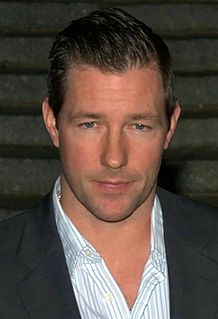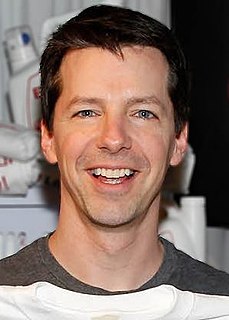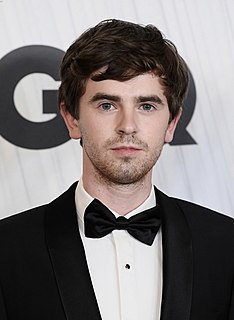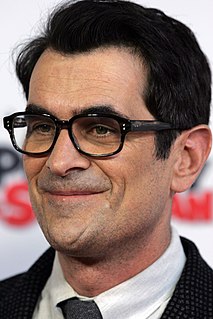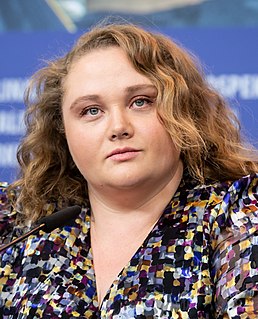A Quote by Cameron Monaghan
I seek a diverse spectrum of roles. If I just was in a large-budget feature for a younger audience, then I want to find a smaller, more character-driven piece that might be for a more mature audience. Or if I'm playing a goofier character, then maybe I want to go play a serious, psychopathic character. But at the same time, it's usually a case-by-case basis where I'm judging the merit of a role by the script I'm given, and it usually has less to do with the larger framework and more to do with how the part personally appeals to me in that moment.
Quote Topics
Appeals
Audience
Basis
Budget
Case
Character
Diverse
Driven
Feature
Find
Framework
Given
Go
How
Judging
Just
Large
Larger
Less
Mature
Maybe
Me
Merit
Might
Moment
More
Part
Personally
Piece
Play
Playing
Psychopathic
Role
Roles
Same
Same Time
Script
Seek
Serious
Smaller
Spectrum
That Moment
Then
Time
Want
Younger
Related Quotes
Many times - especially when I'm playing an historical character - I want to be really on target with how I create that character and really nuanced with who that human being might be. But I don't want to lose the likeness of me or the depth of my own personality. So meditation and my spirituality has helped me to realize that, yes, I want to get out of the way but I also want the ability to hold on to what the audience likes of what they see of me.
At the time, I used to say, "We should market this like Everybody Loves Raymond. It's just a guy dealing with his family." Instead, it was irresistible to show all these funny people. So, I actually think this could be more inviting to a new audience because they can just watch one character, find out what's going on in his life, and then meet another character and find out what's going on in her life, and then see how it intersects the other one.
I don't believe, in a show like ours, that you really want to see character growth. That's just my opinion. Maybe to a small degree, but nothing serious. To that end, it doesn't have the same importance that it would have, if you were on an hour-long show. I think an audience gets really hungry for a character to grow and change on an hour-long show, and I think I would be more antsy.
You get to know a character that you play on-stage in a pretty profound way over a length of time. I don't want to sound highfalutin and say you become the character, you just start bringing more and more of yourself to the part until the character and actor, it's hard to tell them apart. It's some weird amalgam. In film, because of the period of time, I don't know that you ever get that deep into it.
I basically enjoy doing films that are about something, that have complex roles that I can sink my teeth into. Basically, I gravitate to things that scare me. They might be things that I don't think I know how to play. I like trying to find within me where this character may exist. Whether is it is a fictional character or not I am not motivated by that. It is more about how challenging it is. It is just so happens that the more high profile things I have done have been historical characters.
I really feel our job as actors is to find a human experience in the character. So, for me, genre comes second; it's about script and the emotional journey of that character. Genre definitely has an impact, but it has more of an impact on the way the character is expressed. We all have the same core emotions of love, jealousy, rage - it's just how they're expressed.
I don't think I want to play title roles. I don't want to be the face on the poster. I don't want that pressure of having the success riding on my shoulders. I just want to play the most interesting parts. I actually think it's incredibly rare to get an interesting female character that is the lead in a film. Usually the character parts are so much more interesting to play.

